News
Novozymes launches lactase enzyme
25 Mar 2020Novozymes is launching Saphera Fiber, a new lactase enzyme to increase the content of fibres while also reducing sugar in fermented and non-fermented dairy products.
A recent study is said to show that 59% of consumers are more likely to buy dairy products with higher fibre content, and 38% of them are willing to pay more for a higher content of fibre in their dairy products.

“Saphera Fiber is a new lactase that has been developed to help dairies bring new innovation to the market, as it enables development of products with nutritional claims. Being a biological solution, it also makes it possible to manufacture dairy products in a sustainable way with less use of artificial or chemically produced ingredients,” said Emmanuel Michelot, Launch Manager at Novozymes.
The new lactase enzyme works by converting lactose contained in the milk into GOS fibres (galactooligosaccharides). It does so without reducing the natural sweetness of dairy products.
GOS fibres derive from the lactose in cow’s milk and is often associated with improved digestive health.
“With Saphera Fiber, dairies can open the door to new innovation and new markets as it enables them to develop the new type of products consumers are asking for,” Michelot said. “Saphera Fiber is a new move into this frontier: It’s a lactase that provides innovation opportunities for brands to combine fibre claims in reduced sugar product formulations.”
Related news
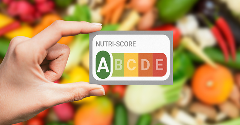
Danone removes NutriScore from products
20 Sep 2024
Following an algorithm update that gives some of its sweetened drinks a worse score, Danone has removed the front-of-pack label, NutriScore, from all of its products – putting profit before public health, say campaigners.
Read more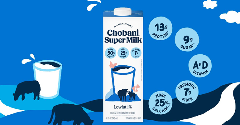
Chobani develops shelf-stable, prebiotic-enriched Super Milk
12 Sep 2024
Chobani has launched a prebiotic-enriched, shelf-stable, high-protein dairy milk to support people in disaster zones who need a nutritious drink that does not require refrigeration.
Read more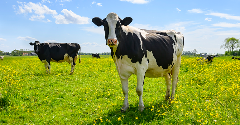
Tesco trials methane mitigation supplement for dairy cattle
5 Sep 2024
Tesco is trialing a methane-reducing feed supplement for one of its key UK dairy farms, sustainable UK milk producer Grosvenor Farms.
Read more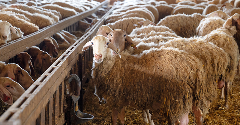
Sheep and goat plague: A new threat to Greece’s feta production
27 Aug 2024
A recent goat and sheep plague outbreak threatens feta production in Greece. The flagship product accounts for roughly 10% of the country’s food exports, but Greek authorities say there is no cause for concern.
Read more
Nestlé develops a new fat reduction method for dairy ingredients
26 Aug 2024
A Brazil-based Nestlé research and development team has developed a way to reduce the fat in milk powder by as much as 60%, without impacting the key characteristics that consumers enjoy.
Read more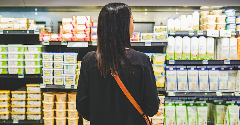
Dutch court rules against plant-based butter brand ‘Roombeter’: Only dairy products allowed to use the word ‘cream’
26 Jul 2024
A Dutch court has ruled against Upfield’s plant-based butter, Roombeter, stating that its use of the word ‘room’ (cream) in the product name violates European regulations that protect dairy-related terms allowed for dairy products only.
Read more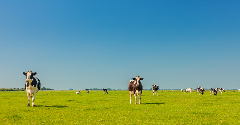
How will Denmark’s 2030 carbon tax impact farming?
12 Jul 2024
Denmark has announced plans to implement Europe’s first carbon tax on agriculture from 2030, targetting the farming sector’s CO2 emissions. How will it be implemented and how have farmers reacted?
Read more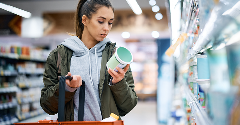
Sweden updates front-of-pack Keyhole labelling rules
11 Jul 2024
The Swedish Food Agency has announced updates to the voluntary Keyhole logo, used in four Nordic countries, following recommendations to improve nutrition labelling.
Read more
Consumers dislike faba beans’ sensory profile
3 Jun 2024
Consumers display low acceptance of faba beans, with sensory properties such as bitterness a core concern, a study suggests. However, for product varieties such as cocoa-free chocolate, this attribute could prove to be a benefit.
Read more
Food scientists uncover new way to preserve nutrient and flavour quality
29 May 2024
Researchers have developed a method that guarantees food safety for low-moisture products, such as dried milk, while maximising quality by retaining vitamins, minerals, and flavours, they say.
Read more